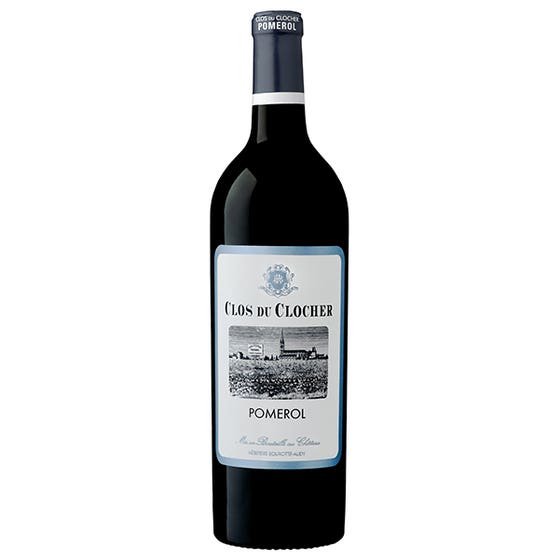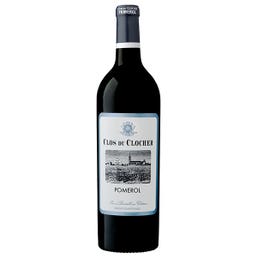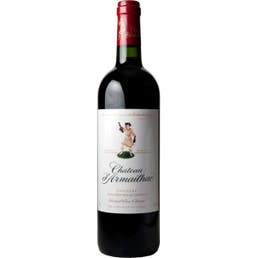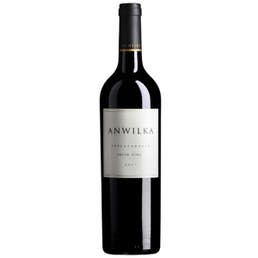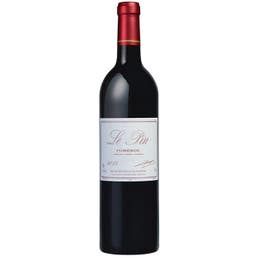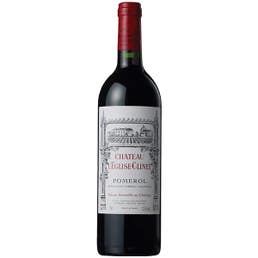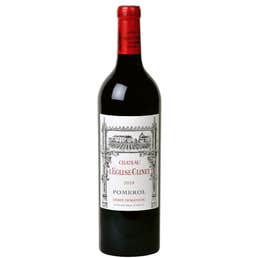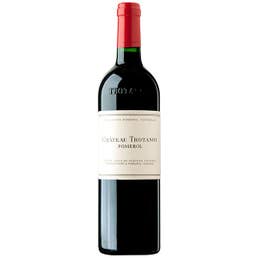Clos du Clocher 2015
Other Vintages We Offer:
• Domaine: Clos du Clocher
• Appellation: Pomerol
• Origin: Right Bank, Bordeaux, France
Clos du Clocher is a hidden gem in Pomerol. It was first acquired in 1924 by Jean Baptiste Audy, a negociant in nearby Libourne. In the decades that followed, the Audy family added more plots of land to their holdings. The estate is currently managed by Jean Baptiste Audy’s descendant, Jean Baptiste Bourotte.
Pomerol is a tight-knit and compact village on the Right Bank. The namesake appellation is the smallest in Bordeaux. Unlike other appellations, there has been little chance for extension or expansion in Pomerol. That is partly to explain why Pomerol produces some of Bordeaux’s most expensive wine (Pétrus, Le Pin, to name two). It has a minuscule 800 hectares and 135 growers. The village does not have a traditional center, nor any magnificent chateaux. The only landmark is the church on the plateau. Hence many estates in Pomerol are named with references to eglise (the church) and clocher (the bell tower). Paradoxically, Pomerol produces some of Bordeaux's most expensive wine.
The highest quality plots are on the Pomerol plateau, a largely flat area 35-37 metres high in altitude. The owner of Petrus, Moueix family, defines any land above 30 metres as “high plateau”, which is the most sought-after plots in Pomerol. That is where Clos du Clocher’s largest plot is found. It is located by the church, which is the center of the prime plateau of Pomerol. Neighboring estates include Hosanna, Vieux Chateau Certan. Clos du Clocher’s other sizeable land holding is located next to Château Trotanoy.
Blue clay, the prized soil known for its iron rich quality, is found on Clos du Clocher’s land. It defines its terroir that is home to early ripening Merlot, and Cabernet Franc. The majority of their vines are on average 25 years old, with some oldest vines 60 years old, dating back to 1957. Everything is harvested by hand, and there is a very rigorous selection process.
Many Pomerol wines are made from early ripening merlot and approachable when young, Clos du Clocher almost always has 25% of Cabernet Franc in its wine, which requires more ageing in bottle before it can fully develop. The resulting wine can age for 20 years or longer.
Considering its overall quality and potential, we believe Clos du Clocher is a rare find among Pomerol that is still undervalued. For collectors who want to let the wine age, we recommend these vintages: 2015, 2016, 2018, 2019, 2020.
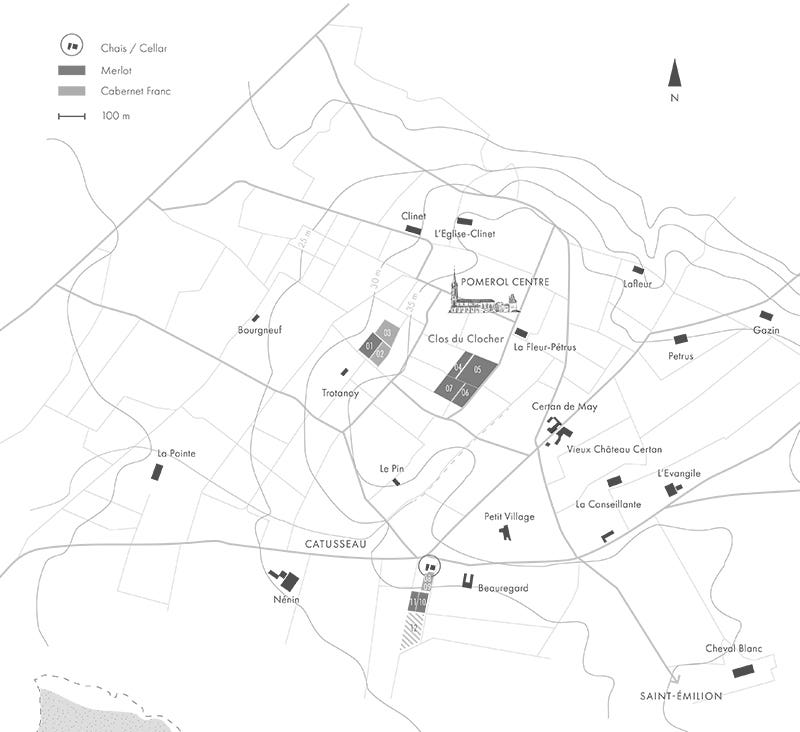

Tasting Notes
"Composed of 70% Merlot and 30% Cabernet Franc coming mainly from clay soils on the plateau and aged for one year in oak, 65% new, the 2015 Clos du Clocher springs forth with profound notes of crushed blackberries, black cherries and blueberry compote plus touches of iron ore, bouquet garni, beef drippings and black soil. Medium to full-bodied, rich and concentrated in the mouth, it fills the palate with generous black and blue fruits, supported by firm, grainy tannins and seamless freshness, finishing with persistent minerally notes." - Lisa Perrotti-Brown, Robert Parker's Wine Advocate, (2/21/2018, Interim Issue), Rating: 93
"The 2015 Clos du Clocher has an outstanding bouquet with crushed strawberry, raspberry, black truffle and a touch of shoe polish. It is just a little riper than I was expecting, quite glossy. The palate is medium-bodied with grippy tannin on the entry. There is fine depth here, dense black fruit laced with tobacco and tar, structured on the finish that seems to have closed down since bottling. Give this 3 or 4 years in bottle before broaching." - Neal Martin, Vinous, (03/02/2018), Ratings: 92, Drink: 2022-2040
"The deep ruby/purple-colored 2015 Clos Du Clocher checks in as a rough blend of 80% Merlot and 20% Cabernet Franc that was raised in 65% new barrels. It’s another impressive wine from the consulting team of Michel Rolland. Black fruits, scorched earth, chocolate, and earth nuances are followed by a full-bodied, concentrated, opulent 2015 that has moderate acidity and enough background oak to warrant short-term cellaring." Jeb Dunnuck, Let the Good Times Roll: 2015 Bordeaux from Bottle (11/30/2017) Ratings: 90+ Drink: 2020-2030
| LWIN | 1008300 |
|---|---|
| Stock Status | In Stock |
| Appellation | Pomerol |
| Vintage | 2015 |
| Brand | Clos du Clocher |
| Shipping Weight | 3.000000 |

